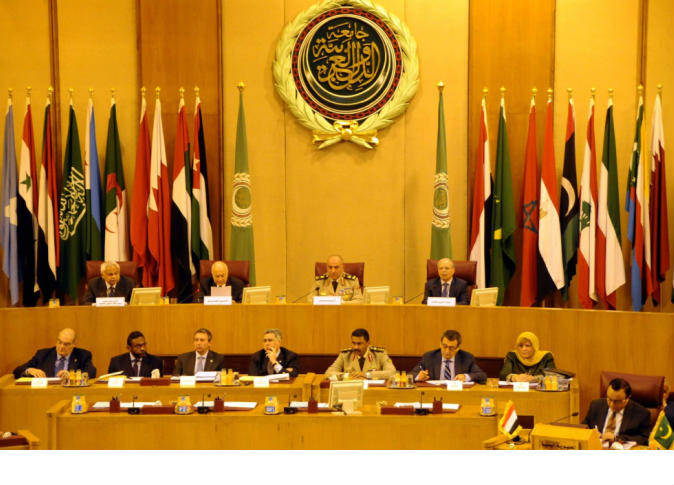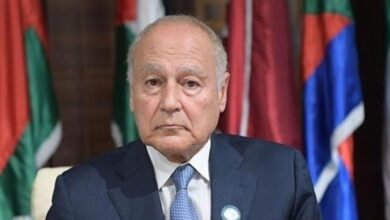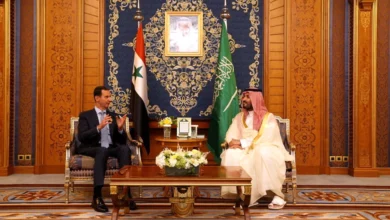
France's foreign minister heads to the Middle East this weekend with an initiative aimed at bringing Israel and the Palestinians back to peace talks under an international framework amid growing regional instability.
U.S.-led efforts to broker peace for a two-state solution, talks collapsed in April 2014 and leaders on both sides have since been weakened politically. But with the region's crises worsening and Washington reassessing its options on U.S.-Israel relations, France sees a narrow window to resume negotiations.
Foreign Minister Laurent Fabius will explore the prospects for talks with Arab League ministers in Cairo on Saturday and Palestinian President Mahmoud Abbas in Ramallah and Israeli Prime Minister Benjamin Netanyahu in Jerusalem on Sunday.
"Everything points to inertia, but we believe that this inertia is deadly," said a senior French diplomat. "We can no longer isolate the Israeli-Palestinian conflict from the regional context."
If the conflict remains unresolved, the diplomat added, radical groups such as Islamic State will make the Palestinian cause their own.
Paris hopes to persuade Arab states, the European Union and U.N. Security Council members to pressure both sides to make compromises neither wants to make alone.
"The method to reach a definitive solution has been for both sides to meet face to face with the Americans as an honest broker, but this method has failed," the diplomat said. "It needs international support."
France has so far focused with Arab states on a possible U.N. Security Council resolution that would set negotiating parameters and establish a time period, possibly 18 months, to complete talks.
The trip comes before a final round of nuclear talks between major powers and Iran in late June. Washington has made clear it will not discuss the Middle East process until the Iran situation is clear, which could delay French moves beyond September.
In December, the U.S. voted against a Palestinian-drafted resolution, but President Barack Obama has left the door open to a new U.N. resolution.
"If we are in a period without negotiations, and without the possibility of negotiations, we will have to look at all options," U.S. Ambassador Dan Shapiro told Israel's Army Radio.
Netanyahu highlighted his opposition to French moves in comments on June 10, but Israeli officials appear unworried, perhaps reckoning they can pressure the United States and others in the Security Council to water down or kill the initiative.
The Palestinians say any resolution must include a time frame for ending the occupation and sets a clear frame of reference in terms of 1967 borders and East Jerusalem being the capital of a Palestinian state.



